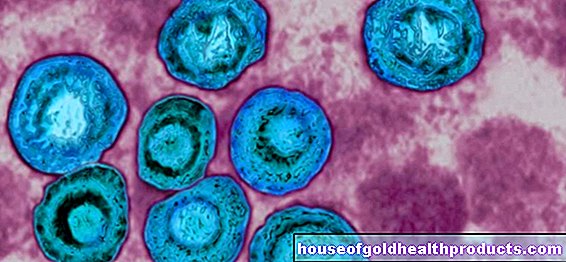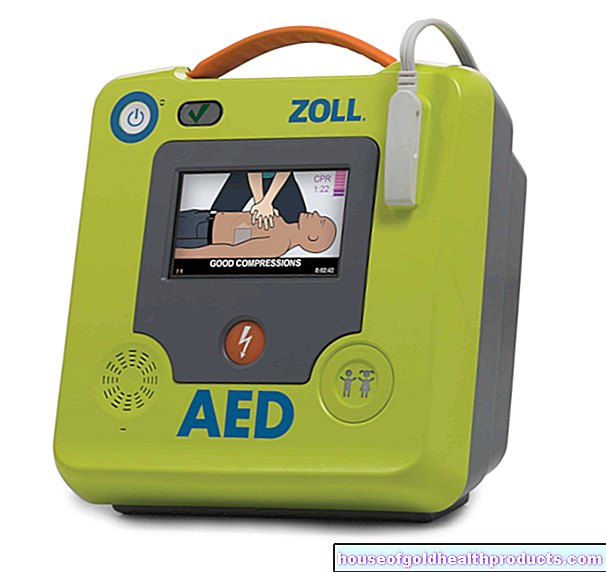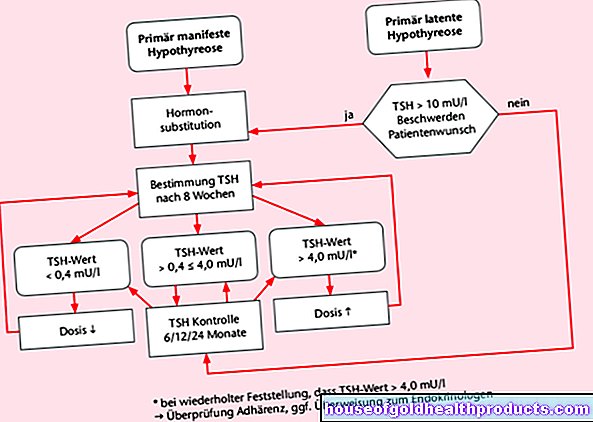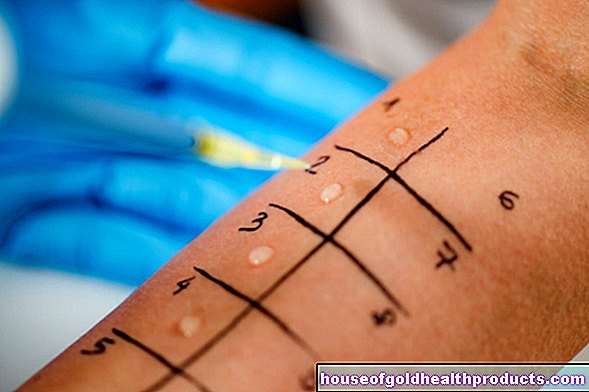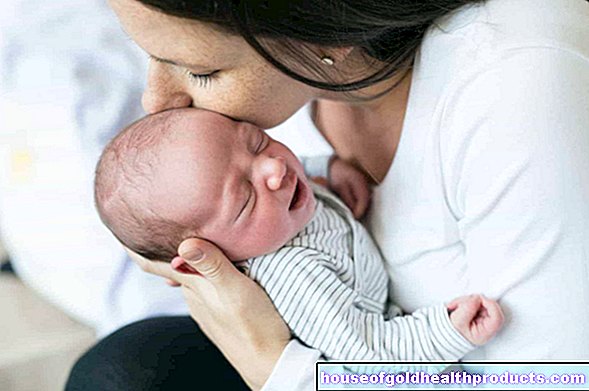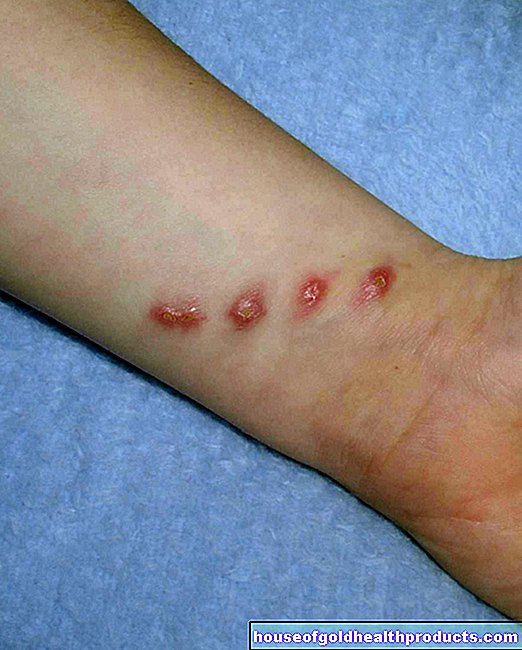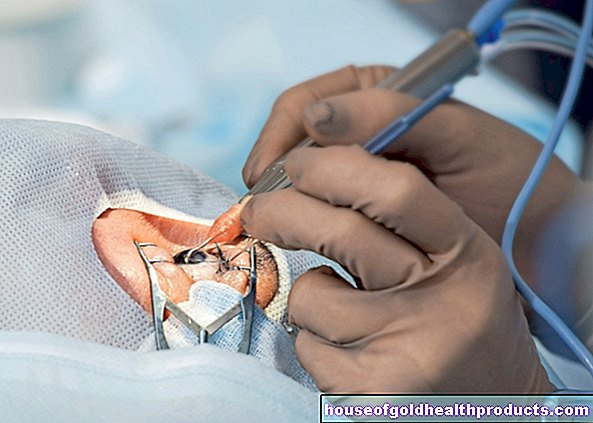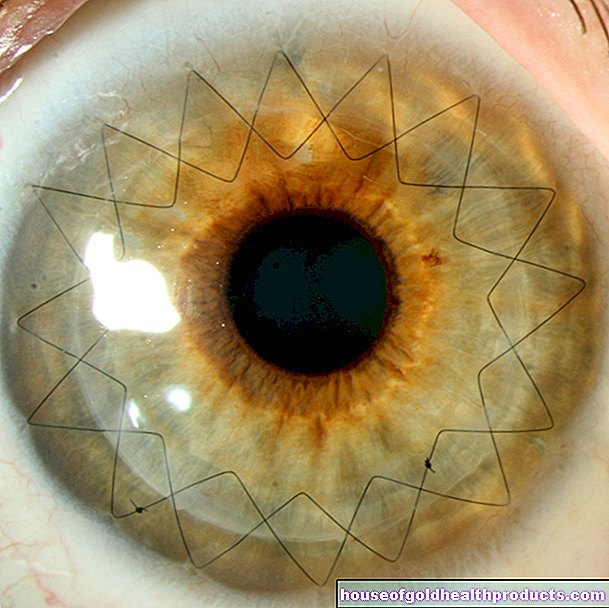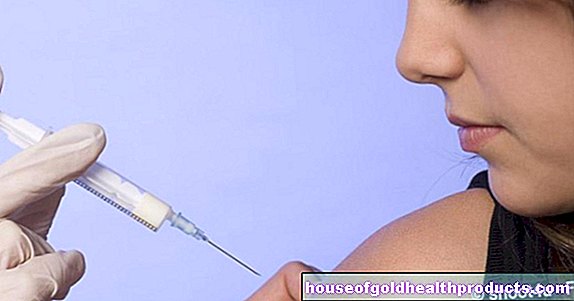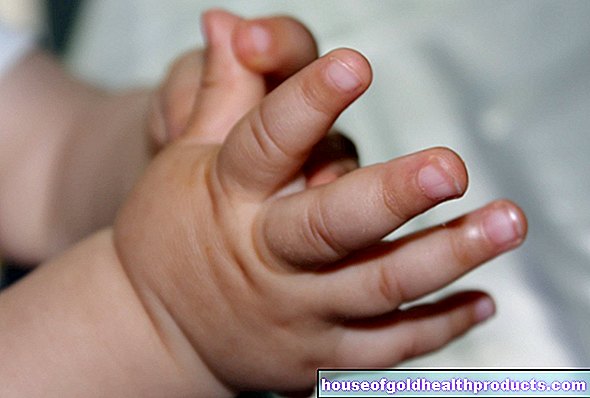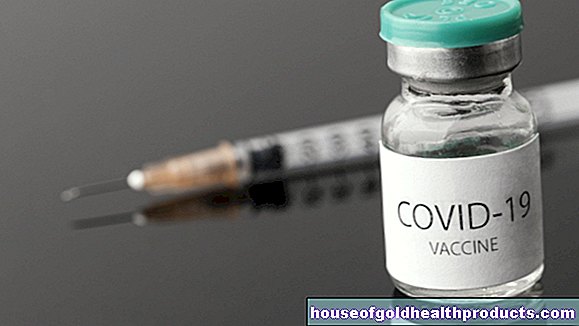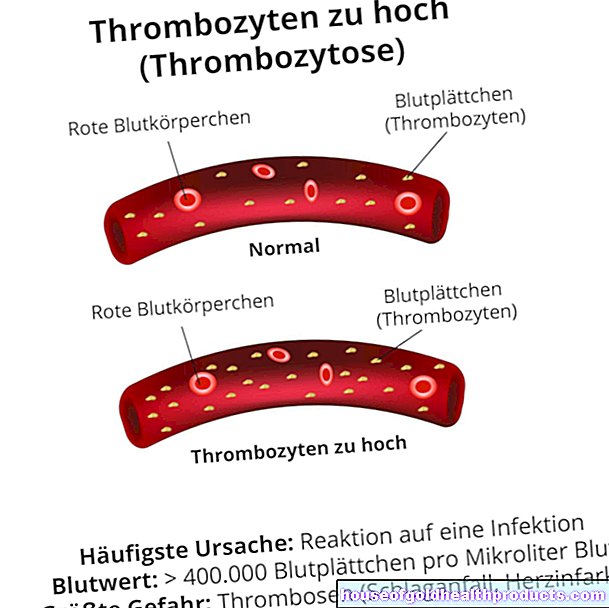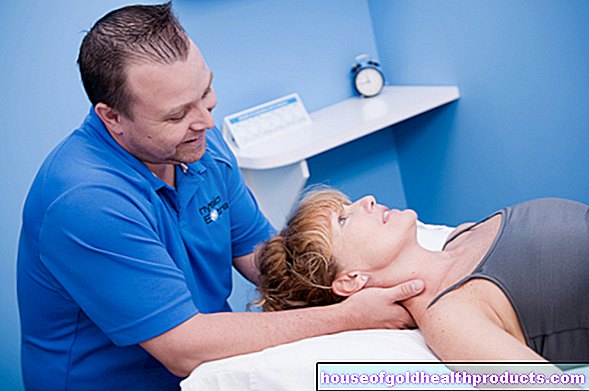Pregnancy: alcohol damage is overlooked
Christiane Fux studied journalism and psychology in Hamburg. The experienced medical editor has been writing magazine articles, news and factual texts on all conceivable health topics since 2001. In addition to her work for, Christiane Fux is also active in prose. Her first crime novel was published in 2012, and she also writes, designs and publishes her own crime plays.
More posts by Christiane Fux All content is checked by medical journalists.Alcohol during pregnancy is harmful to the baby. Affected children later suffer from serious behavioral disorders, mental illnesses, physical changes and massive learning difficulties for the rest of their lives. Even as adults, most of them cannot cope with everyday life without help. Now it is clear that the number of unreported cases of affected children is probably much higher than expected.
British scientists working with Cheryl McQuire from the University of Bristol have analyzed the data from more than 13,000 British children. With the help of special screening, they filtered how common symptoms suggesting alcohol-related harm actually are.
They found what they were looking for in 17 percent of the children and young people. They each showed limitations in at least three areas that are typical of FASD (Fetal Alcohol Spectrum Disorder). Up until now it was assumed that around one percent of children in Europe are affected. The most severe manifestations occur with Fetal Alcohol Syndrome (FAS).
Difficult diagnoses
The problem: alcohol-related prenatal damage is often overlooked. There are typical physical signs such as a narrow upper lip, the flat mouth and nose fold, a smaller head and small eyes. But when these are missing, often only specialists can come up with the correct diagnosis. This is also made more difficult because the mothers keep quiet about their alcohol consumption out of shame. As a result, the number of unreported children affected is high.
With milder manifestations, behavioral problems and learning difficulties can, for example, quickly be confused with ADHD or other developmental disorders. FAS children need very special - and different - support and encouragement.
Their screening, the scientists emphasize, is not a substitute for a medical diagnosis. “Nevertheless, the results show that we are dealing with a serious problem,” says study director McQuire. Prenatal damage from alcohol is all the more tragic as it is 100 percent preventable. “It is best not to drink at all if you are pregnant or could become pregnant,” says the scientist.
Drinking with a child in your stomach
In the UK, 41.3 percent of women drink while pregnant. This puts the British in fourth place in these ominous statistics, after Ireland (60.4 percent), Belarus percent and Denmark percent. The British figures cannot be transferred to Germany, because fewer pregnant women drink alcohol here. But at least one in four (25 percent) has at least a glass from time to time. Most of them are educated and socially well-off women. And in this country, too, it can be assumed that the number of unreported cases is high.
Lifelong damage even with little alcohol
Many believe that just one glass can do no harm. A misconception, because whether and to what extent the child is harmed depends not only on the amount of alcohol, but also on the phase of pregnancy in which the fetus is exposed to it. The genetic makeup of mother and child also plays a decisive role in whether or how much the child is harmed. Because it decides, for example, whether and how strongly the alcohol is intercepted by the placenta or not. This turns every single glass into Russian roulette.
About one in 13 women who drink alcohol during pregnancy causes lifelong harm to their child. Little did some of them know that even a small amount of alcohol is toxic to the baby. Others do not know they are pregnant and will not leave the alcohol until the damage has already been done.
Tags: prevention toadstool poison plants dental care
